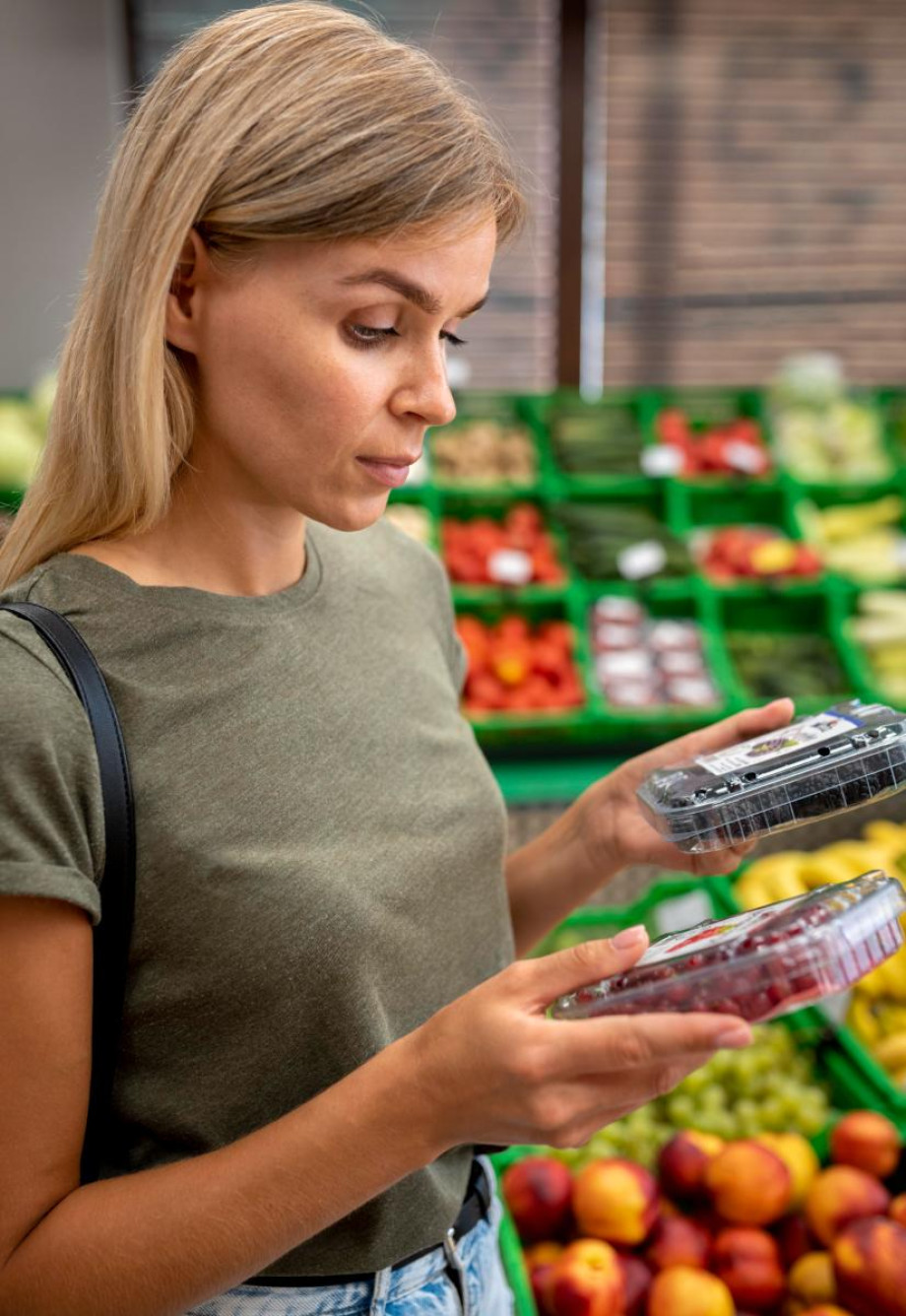In English, it would be: "With an unprecedented initiative, the British association of strawberry and berry producers, British Berry Growers, has denounced supermarket chains for their inadequate support of the national production sector, highlighting the disparities between the market shares of groceries and the quantity of British berries purchased.
Nick Marston, president of the association representing 95% of British berry producers, was interviewed by the Financial Times to explain that the cultivation of berries and strawberries will not be profitable until retailers pay growers their fair share.
Prices are rising, but not revenues for producers
Despite the average 11% increase in the price of strawberries per kilogram recorded last year, retailers continued to pay growers the same prices in 2022 and 2023.
The association claims that Kantar data shows that supermarkets increased the average price of berries by 11% for consumers in the 2022 British season, from May to September. However, BBG members state that the price increases in-store for their strawberries were not passed on to the growers in 2022.
In 2024, there will be fewer British strawberries on the shelves
Marston has called on the government and retailers to support the British berry sector before customers begin to see less local produce on the shelves. "Growers are not making money. If they cannot make a profit, they will slowly stop," he said.
Marston also appeared on the BBC Radio 4 Farming Today program, urging supermarkets to provide a fairer price. "Growers have seen a 30% increase in production costs over the past three years," he said. "Strawberries have recorded a zero percent yield increase... and the same applies to other berry crops."
Marston emphasized that growers have been forced to reduce the number of strawberry plants on their farms, and if this reduction continues, the sector will shrink. An 8% decrease in British strawberry production is expected for 2024, which equates to about 9 million fewer packs.
According to Marston's statements to the Financial Times, producers are increasingly turning to export markets, where revenues are higher. In a survey conducted by the British economic newspaper, strawberry and berry exports are expected to increase fourfold in 2023 compared to 2022.
The grocery industry is beginning to react
Andrew Opie, of the British Retail Consortium, which represents major British retail chains, stated that "supermarkets are buying a large majority of groceries from the UK, and local produce is paid more than imported produce; nevertheless, supermarkets are under cost pressure and are making huge efforts to limit increases in an economic context where many families struggle to make ends meet."
Dominic Morrey, Commercial Director for Fresh Food and Raw Materials at Tesco, stated last week to the House of Lords Horticulture Committee that "the profitability of our growers is of fundamental importance," and it is in the retailer's interest for growers to receive "fair compensation." He said that the UK's largest supermarket has worked hard to ensure that relationships with suppliers are "mutually sustainable."
The data published by the association
In an effort to increase transparency, BBG is now publishing weekly sales data from its growers to reveal which supermarkets are most supportive of British berries. The data will be published every Wednesday during the UK summer season and is presented in two ways.
Firstly, the total tonnes of British berries sold to UK supermarkets by BBG members, and secondly, the percentage of British berries sold compared to the supermarket's grocery market share.
Together, the weekly charts provide an accurate picture of which retailers are most supportive of fresh British berries.
For example, although Tesco purchased the most British berries last week (1,361.6 tonnes) compared to any other UK supermarket, this equates to 23.9% of all British berries sold, a percentage lower than its market share of 27.1%.
Asda recorded the greatest disparity between its grocery market share (13.7%) and the percentage of all British berries sold to UK supermarkets (5.5%) in the recent data charts for the summer season.

As of July 20, 2023, Lidl was the top supermarket in the rankings for total berries sold compared to their market share, followed by Aldi, Waitrose, and Co-op.
Nick Marston, president of BBG, stated that pressure on the British berry industry is seriously threatening its future prospects. "If we do not address this disconnect, British berry growers will start to reduce the number of berries they grow or exit the sector altogether because they cannot make a profit."

"That's why we decided to publish retail sales data collected by our members so that the British public can see which retailers are most supportive of the British berry industry. We want to shed light on the best practices of retailers and encourage consumers to challenge their supermarkets to source British berries whenever possible."

For potatoes and onions, something is moving
In the same days, the British supermarket Morrisons announced an agreement with potato and onion producers, with a £2 million investment, to ensure farmers have full cost coverage for production.
Perhaps the UK is thus beginning a new relationship between production and distribution, setting a precedent to which other retailers may also refer."
All rights reserved – Italian Berry – CC BY License
Image by Freepik








